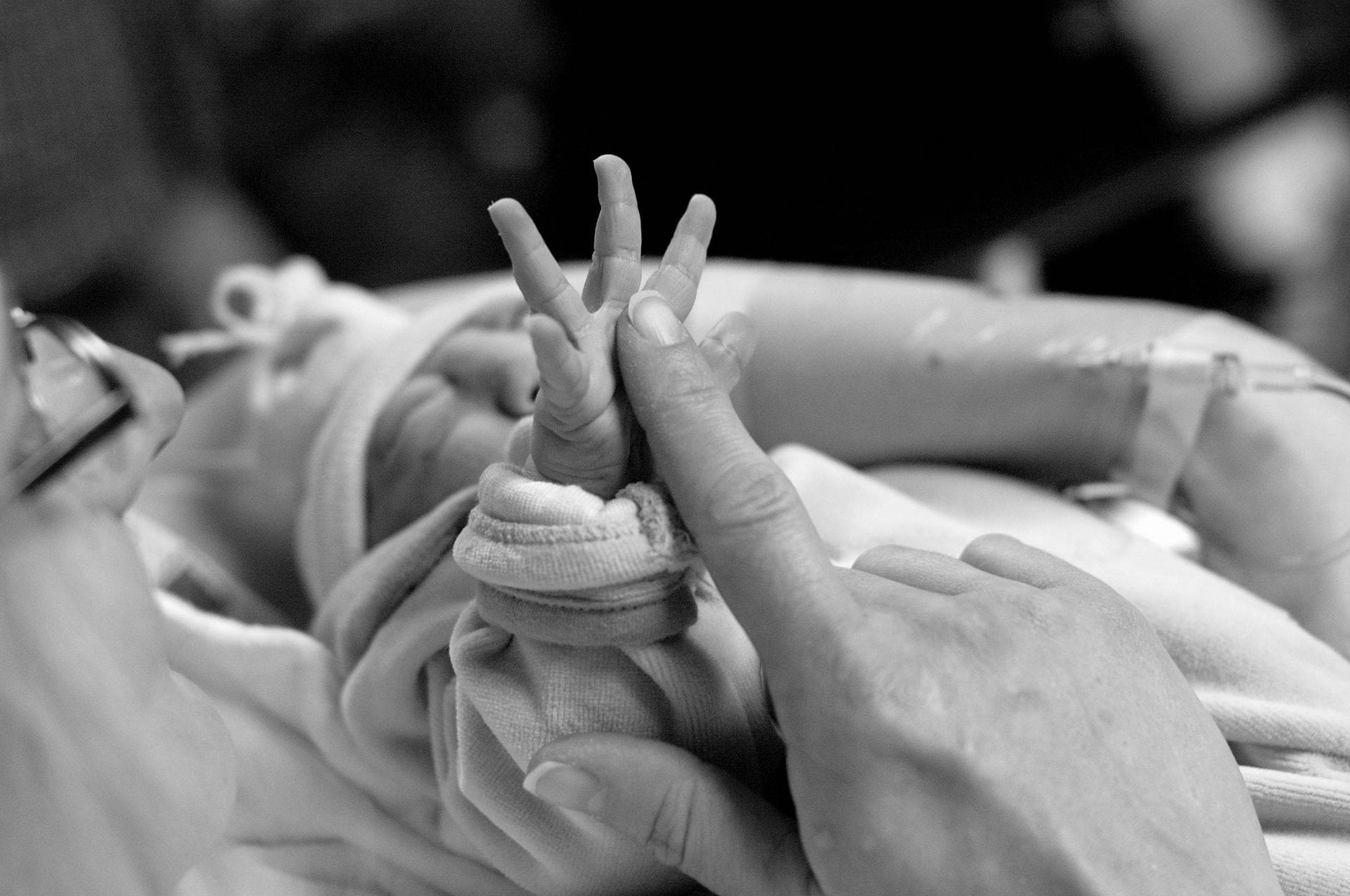Recently, two men in my city were charged with viciously attacking a homeless Mexican immigrant at a subway station. They broke his nose, urinated on his face, and left him on the pavement shaking with terror.
One of them claimed that they’d been inspired by Donald Trump and his vociferous verbal assaults on illegal immigrants.
The truth is, the victim could have been one of any number of other designations that put people beyond the pale of privilege – and safety — in our society. He could have been black, Asian, or gay. He could have been a lone female heading home from work. It happens every day.
Many of us find it easy to decry such brutality. But a loud, alarming and perhaps growing minority condones it. For this reason, we need to do more than decry. A persuasive guide is St. Augustine. St. Augustine nudges us to face violence squarely, as a regrettable fact of our human wiring. More than this: he forces us to understand violence as a dynamic of flawed social systems which we must actively redress.
St. Augustine called evil, ”only the privation of a good, even to the point of complete nonentity.” Centuries later, Hannah Arendt would apply precisely the same concept to Adolf Eichmann, a key figure in the Nazi regime of genocide and one of history’s legendary sociopaths. She argued that evil is essentially “banal,” an attitude of cruelty born within a vacuum of character, values, and healthy community. It is committed by the rudderless, those seeking to avenge a sense of victimization by victimizing those lower on the social ladder, especially those who are different.
In this week’s New Yorker Magazine, writer Evan Osnos sketches the makeup of much of Trump’s constituency: voters with no college degree, and voters who believe that immigrants weaken America. These groups identify as being on the short-end of “opportunity,” people who have lost blue-collar or marginally white-collar jobs to outsourcing, whose pensions were ruined in the 2008 crash. They consider themselves victims of distant elites whose policies have rendered them, in their own way, marginal.
Without in any way discounting the moral culpability of the brothers said to have assaulted the homeless man, we need to consider the causes of social violence, and the ways in which marginalizing groups of people creates conditions ripe for radicalization and harm.
Consider: Our laws that favor the rich over the working class; suspect police shootings that result in no criminal charges; underfinanced foster care systems that produce endless tales of toddler deaths and mayhem. The powerful seem always to “win:” life goes on more or less without a hitch, reinforced by periodic displays of force in the name of “order.”
The weak and vulnerable, on the other end, often experience distant, faceless power by sinking deeper into despair. Overcoming occupational setbacks is easy if we live comfortable lives and have employed partners; much harder when we are close to the outer edges of acceptability in a society unforgiving of failure, and impatient with able-bodied adults who seem to have given up. The resulting rage or paralysis challenge even the best-intentioned in their capacities for tolerance, hope, and creative problem-solving. Adrift, it is an easy matter to align with fellow “outsiders” and devolve into the “group think” of fringe politics.
Jesus knew these dynamics better than most. He understood that every human “system” (Caesar’s, to him) offers a continuum of opportunities for power-grabbing and therefore for violence to maintain that power. It is an old story that resembles a snake eating its own tail.
If we are serious about redressing violence, we might begin, as Jesus so often did, by looking at those places where “Caesar’s” system touches our own choices and actions. The truth is that when we attempt to climb the ladder of success we are tempted by two things: to compromise our ethics, and to push others out of the way. The quest for power makes it easy to see others less as human beings than as allies or obstacles to our ends.
I have never witnessed a violent physical attack, but I suspect there isn’t one of us who hasn’t at one time or another indulged in some form of domination acceptable in polite society: avoidance, condescension, negative projection, subtle exclusion. These can be as lacerating and cumulative as any law on the books, and they are routinely committed by “decent” people who claim to be friends and co-workers, even members of the same family or church.
There is a legitimate way to exercise power. It demands that we step away from “Caesar’s” ways, and question a status quo that holds achievement and power above the needs of the less able. Jesus constantly modelled a power that drew its strength from compassion. He knew that mercy trumps justice, and that there can be no better teacher of compassion than to walk and work with people who are different from us, especially those who have borne the brunt of inequality and indifference (or worse) every day of their lives. It is to change not simply our “charitable” behavior, but our view of what matters.
Fear-mongering and “paranoia politics” after the fashion of Donald Trump are the last thing we need. Distracting ourselves with easy scapegoats is not the answer. We need calm, sure leadership willing to hear the legitimate pain of all who feel they are “losing” in our vaunted American way, and clairvoyance about the dangers of retributive violence — such as the murder of the Bible-study group members in a Charleston, S.C., church — that are alive in those pockets of pain. Above all, we need to remember the teachings of the One who ever and tirelessly imagined, and articulated, ways forward towards meaningful power and reconciliation.















